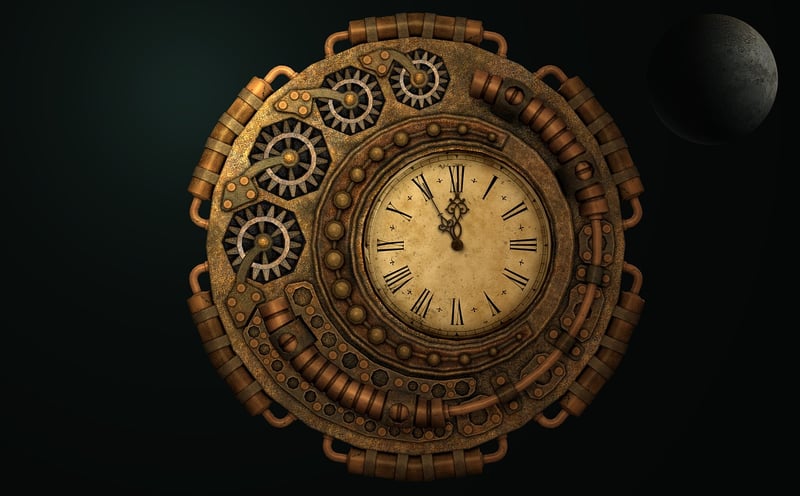Altering the Past
The Ethical Dilemma of Altering the Past
Time travel has long been a fascinating concept in science fiction, allowing individuals to contemplate the idea of altering the past to change the course of history. While this notion may seem thrilling, it also raises profound moral considerations that are crucial to explore.
Understanding the Consequences
Imagine being faced with the opportunity to go back in time and prevent a significant historical event, such as a war or a natural disaster, from occurring. While the prospect of saving lives and preventing suffering is undoubtedly appealing, one must also weigh the unintended consequences that may arise from such actions. Altering the past could lead to a ripple effect, changing the present and future in unpredictable ways.
Moral Responsibility and Respect for History
Furthermore, altering the past raises questions of moral responsibility. Who decides which events should be changed, and based on what criteria? By altering history, are we disrespecting the sacrifices and struggles of those who came before us? It is essential to consider the ethical implications of playing with the fabric of time and the potential impact on the collective memory of humanity.
Preserving the Integrity of Time
Some argue that time is a delicate construct that should not be tampered with. By altering the past, we risk destabilizing the natural order of events and disrupting the flow of time itself. Preserving the integrity of time may be essential for maintaining a sense of continuity and coherence in the world.
Conclusion
While the idea of altering the past may hold a certain allure, it is crucial to approach this concept with caution and deep reflection. The ethical dilemmas inherent in changing history remind us of the complex interplay between actions, consequences, and moral considerations. Perhaps, instead of altering the past, we should focus on learning from history's lessons to shape a better future.

Explore more about the concept of time travel in fiction and its moral implications.
